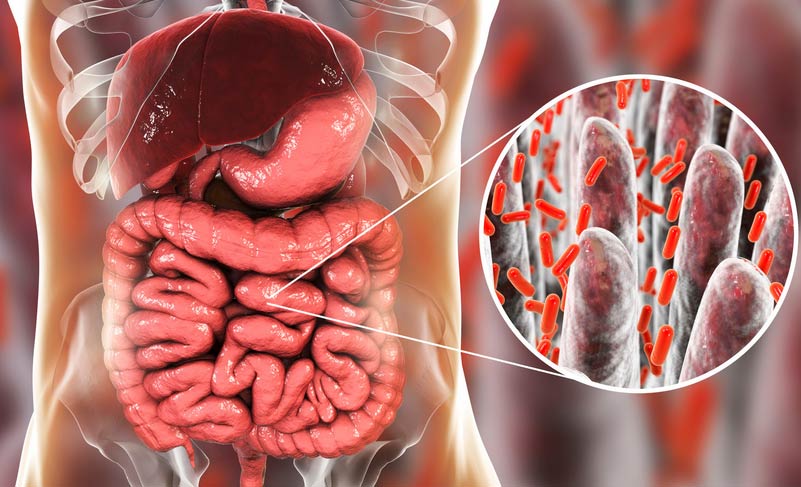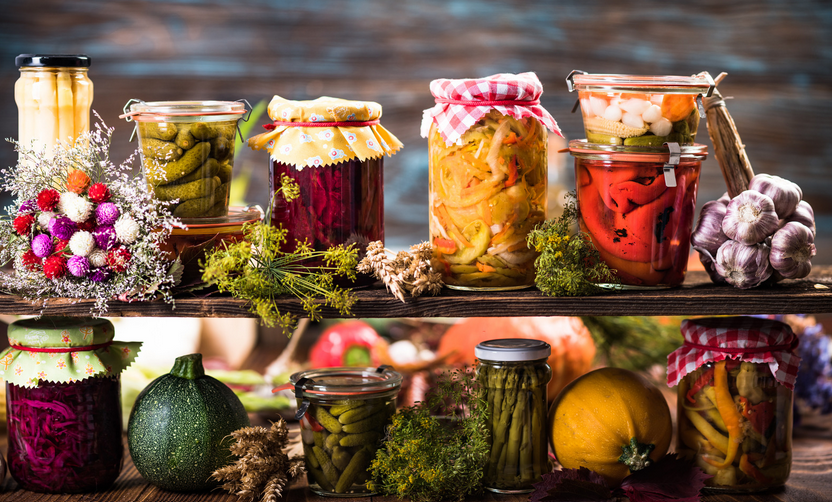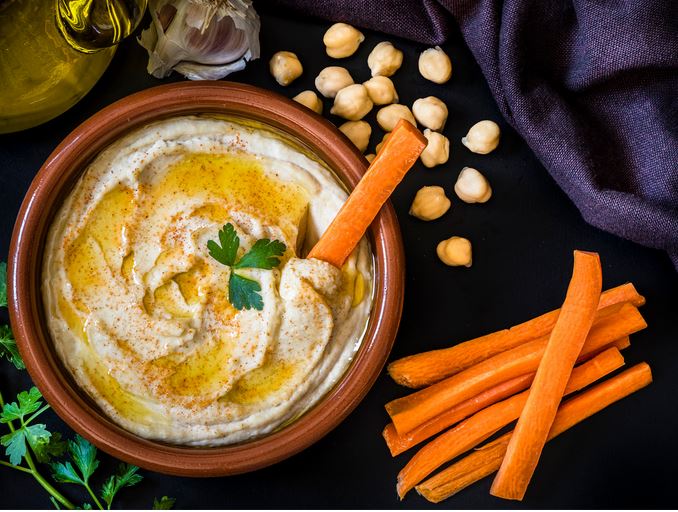What Makes a Healthy Gut?
The gut is a complex system, influenced by many factors that either enhance GI health or impinge on our digestive function. Disruptions to any of these components create imbalances that can compromise gut function and lead to disease development. Therefore, improving the function of these components may be the kickstart you need to strengthen your digestive health. No guts, no glory!
We are comprised of cells, both human and non-human, counting into the trillions. These non-human cells are microbes, such as bacteria, fungi, viruses, and their genes, that naturally live on our bodies and inside us. Our gastrointestinal tract is the largest reservoir of microbes in our body. Disruption of the bacterial balance in our gut is referred to as dysbiosis, which can occur from a range of factors, including – food poisoning, antibiotic use, a prolonged or heightened stress response, and dietary factors such as – a low-fibre diet or a highly processed diet. Dysbiosis is also linked to over 25 diseases, including chronic fatigue syndrome, rheumatoid arthritis, inflammatory bowel diseases, obesity and diabetes.
What is the Best Diet to Help Digestion?
’You are what you eat.’ Our dietary habits have a profound effect on gut function. A nutritionally balanced Mediterranean-style diet is linked to fewer gut presentations and reduced disease prevalence.
Current evidence suggests that the Mediterranean diet provides protection against several diseases associated with digestive dysfunction inflammation, poor immunity and psychological distress – giving you the best chance at supporting optimal health and wellbeing.
The Mediterranean diet includes high intake of fruits and vegetables, lean protein, quality essential fatty acids and wholegrains (limiting starchy grains and vegetables).
Try for a whole-food plant -based meal plan that includes –
- Protein-rich foods in each meal or snack
- Enjoy a minimum of three cups of fresh vegetables daily
- Enjoy a minimum of two pieces or one cup of fresh fruit daily
- Limit starchy carbohydrates to one to two small serves daily
- Include a handful of nuts and seeds and up to two tablespoons of healthy oils daily.
While it’s perfectly normal to treat yourself from time to time, limit your consumption of processed foods that are high in sugar and saturated fat (think hamburgers, fried foods, lollies, soft drink, white bread, sweet biscuits etc), as well as moderating your alcohol consumption. These foods and drinks can be damaging to your gut microbiome when consumed regularly or in large amounts.
Processed foods, saturated fats and meat products (typical of a Western-style diet) require higher levels of digestive enzymes to enable their breakdown and absorption. Therefore, excessive consumption of these foods can overburden enzyme production. If your gut struggles to produce adequate amounts of enzymes, symptoms such as flatulence, abdominal cramping and pain, bloating, and altered bowel habits are more likely to occur.
More Ideas to Improve Digestion
Stay hydrated. Maintaining consistent fluid intake including water and herbal teas can prevent constipation. Aim to drink 1.5 L to 2 L of fluid each day.
Give your body ample time to rest. Remember, sleep quality is intricately linked to gut health. Therefore, improving your sleep quality and maintaining healthy sleep hygiene can improve your digestive function. If you have difficulty with sleep please see the former blog post https://handcraftedhealth.com.au/why-cant-i-get-a-good-nights-sleep/
Eat mindfully. Mindful eating promotes digestive functions and modulates your body’s stress response. This practice supports the ‘rest and digest’ philosophy, regulating the passage of food through your digestive tract, enhancing digestive enzyme and acid production, and ultimately improving nutrient absorption and assimilation.
Techniques to incorporate into your mindful eating practice include:
- Before eating ask: Am I hungry? Am I thirsty?
- While eating, pay attention to the colours, smells, flavours and textures of food.
- Chew slowly – this allows the body time to catch up, reducing the likelihood of overeating.
- Put utensils or food down between mouthfuls.
- Avoid multitasking. Remove distractions such as TV, phones, computers and books while
- If a meal is consumed at work, take meal breaks away from the desk.
- Take note of when food cravings occur and what emotions or stimuli trigger these cravings. It can be helpful to keep a craving journal.
- Observe the feeling of hunger and satiety throughout the day.
There’s no doubt that the gut is a complex system and plays an important role in maintaining your overall health. So, your digestive system functioning optimally is the greatest support to your health! If your digestion needs more support, book online for an appointment with Sue – https://handcraftedhealth.com.au/online-booking/








0 Comments